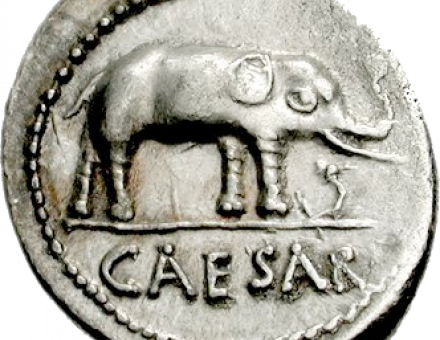Sallust: Censor of a Decadent Age
S. Usher introduces Sallust, himself a disillusioned politician, who envisaged no future greatness for Rome until a single man of vision should have restored the old Republican sense of obligation—the individual's obligation to the state, and the state’s obligation to the world at large.



